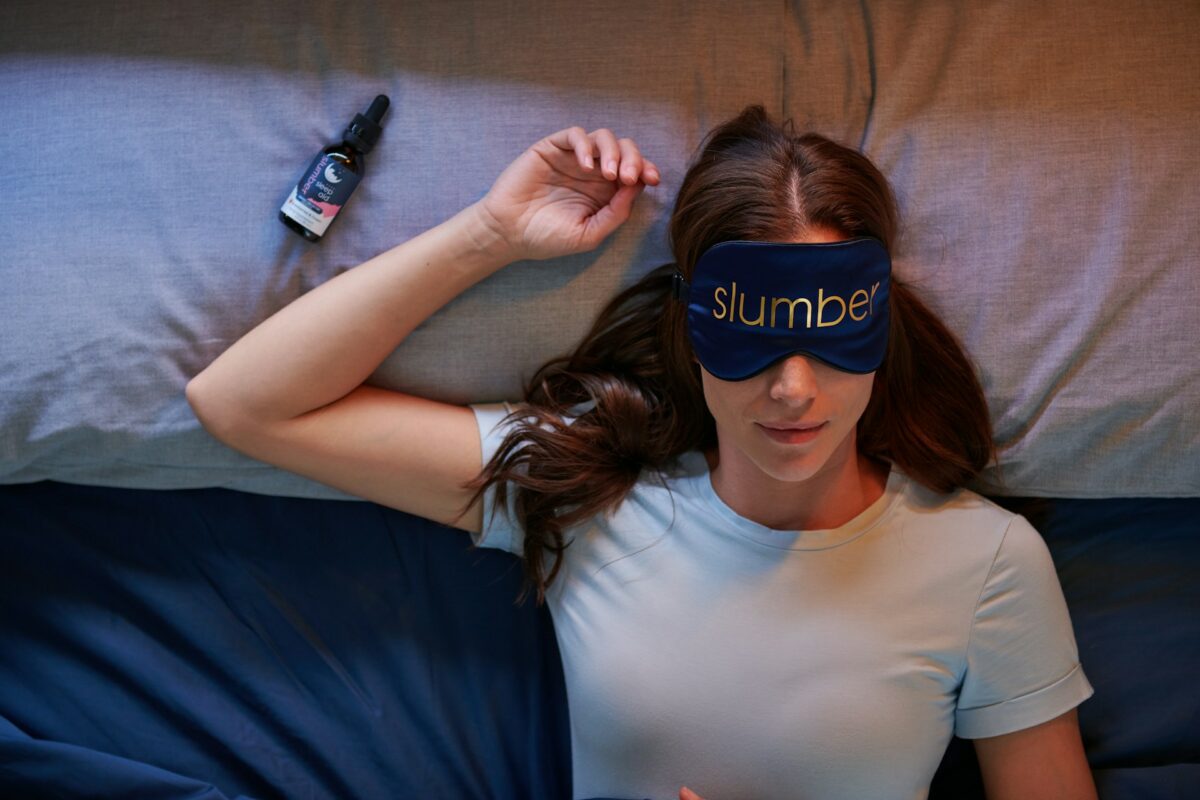Sleep plays a huge role in our health. When we don’t get enough sleep, our bodies is prone to a number of diseases. It can also affect our mood and our capacity to think.
So, we all know how vital sleep is to our quality of life. Heck, it’s been ingrained in our heads since we were kids. But the truth is, as we grow older and our lives become busier, it becomes harder to stick to good sleep habits. Sometimes, it can even feel impossible. If sleep has become a big issue in your life, maybe it’s time to see a sleep doctor about it.
Insomnia
One of the most common sleep problems experienced by people around the world is insomnia or difficulty sleeping. Some people may keep tossing and turning in their bed, trying to fall asleep. Meanwhile, others get constantly awoken through the night. In some severe cases, people can even go days without sleep.
But how long does it normally take to fall asleep? Well, in general, a person should be able to fall asleep within 20 to 30 minutes. If it consistently takes longer than that for you to fall asleep, you may need to speak with a doctor to help with insomnia. It’s essential to address insomnia as it can lead to numerous symptoms, such as poor concentration, headaches, decreased energy, fatigue, mood problems, and upset stomach.
Drowsiness Throughout the Day
It’s normal to feel sleepy at times, especially as the day is just starting or after a large meal. However, when you experience excessive sleepiness throughout the day, then it may indicate an underlying sleep disorder.
Conditions such as sleep apnea negatively affect a person’s sleep quality, resulting in brief but frequent awakenings in the night. This could be the reason you feel drowsy throughout the day.
Another cause could also be sleep deprivation, which we’ve discussed above. For most adults, sleeping for 7-9 hours each night is advisable. If you sleep for less than that, drowsiness is a given.
Snoring
Snoring is quite common. However, when the snoring becomes too loud and disruptive, this could indicate obstructive sleep apnea. It also disrupts your bed partner, and can significantly reduce their sleep quality. It’s crucial to see a sleep specialist about snoring because it is so closely related to sleep apnea, which can have potential long-term health consequences. Proper treatments exist to help with snoring, but they may depend on some underlying contributions.
Other Sleep Behaviors and Disorders
Experiencing other less common sleep disorders is even more reason to see a sleep specialist. One such problematic sleep behavior includes being active in your sleep.
While sleep talking, laughing, and even sleep crying can be common as a reaction to the dream you’re having, other sleep behaviors are not that harmless. People can sleepwalk, which can be dangerous if they end up on the streets. Some even go as far as eating while sleeping, which could lead to choking hazards.
Restless legs syndrome (RLS) is another reason to see a sleep doctor. This condition is characterized by discomfort in the legs at night while lying down or sitting. There is often an urge to move as movements can relieve the symptoms, such as shifting the legs, standing up, or walking. Because of this, RLS can be pretty disruptive to one’s sleep.
Final Thoughts
We often get used to sleeping problems as the norm, but not getting the quality of sleep you need can be bad for your health. Some more severe sleep conditions can even have long-term repercussions on your health and may also affect those living with you. If you’re not getting enough quality sleep, that’s a sign to see a sleep specialist.
Get the quality sleep you deserve with the help of Sleep Better Live Better. We are a sleep clinic in North Vancouver, Surrey, and Victoria that has helped thousands of patients find healthy sleep solutions. Book a consultation today!





